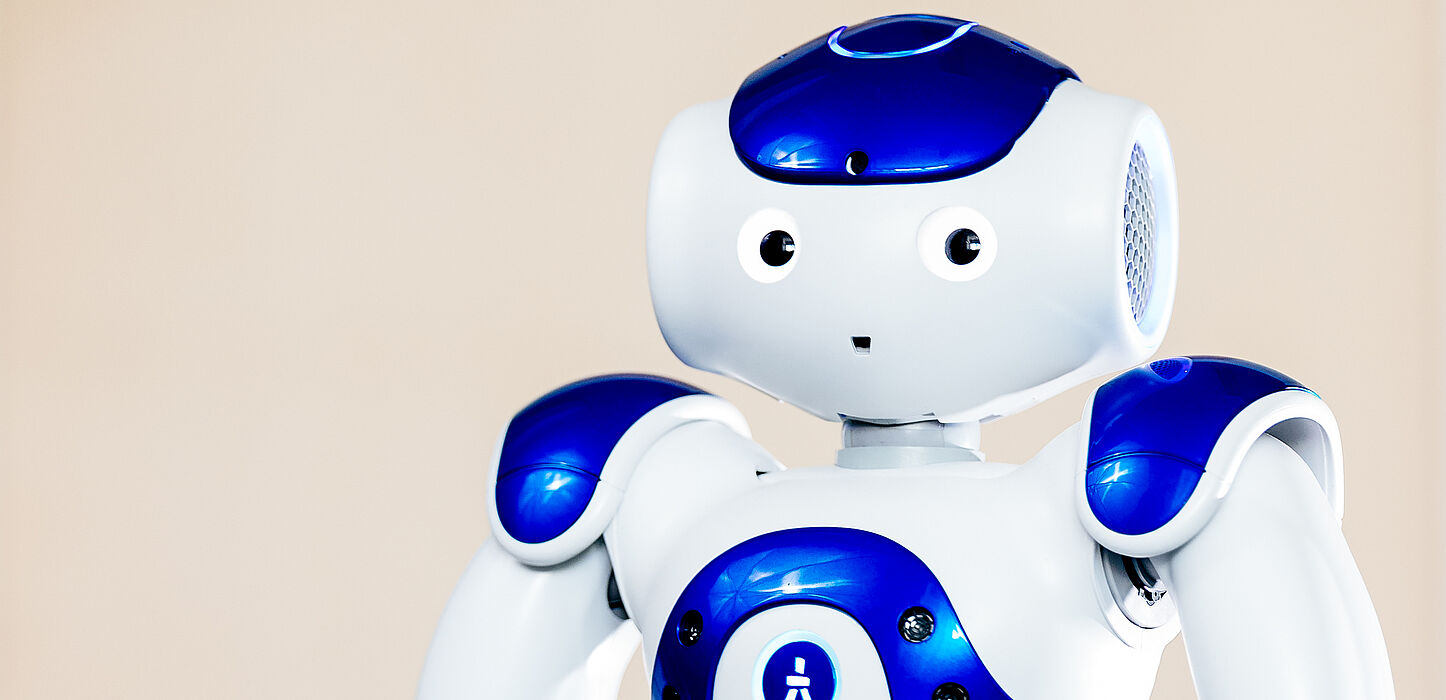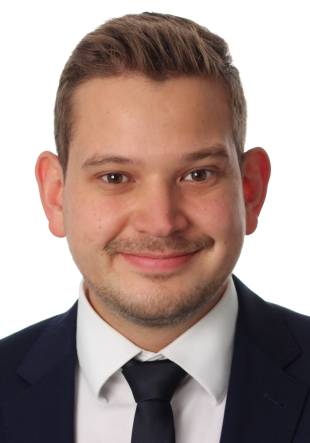The areas of application for service robots are diverse. There is a wide range of applications, especially in logistics, nursing, healthcare and assembly support. However, insufficient compatibility of components and an unclear market, result in disproportionately high costs for the development of required software and hardware. In the joint project "Service Robotics Network" (SeRoNet), scientists from the Heinz Nixdorf Institute at the University of Paderborn are working with other partners to simplify the entire development process and thus enable more affordable robot systems. In the course of the project, a platform has been launched by which companies can network and work together on solutions to problems. On robot.one and xito.one, hardware and software manufacturers will be able to collaboratively develop components for service robotics in the future and get in touch with all relevant players in the industry. SeRoNet was funded by the German Federal Ministry for Economic Affairs and Energy (BMWi) with an input of around 6.5 million euros since March 2017. It was extended at the beginning of February and will now run until November of this year.
With a total of two open call applications, interested companies were invited to apply for participation. With the online platform, the project partners, led by the Fraunhofer Institute for Production Technology and Automation IPA, are creating an ecosystem in which users, system service providers and component manufacturers can interact with each other. On the one hand, this is intended to promote better compatibility and reusability of components and, on the other, to create a marketplace where resources can be pooled, which in turn will lead to more cost-effective robot systems. Suppliers of broadly applicable software components for service robotics and automation solutions are particularly encouraged to participate in order to integrate their existing products into the SeRoNet technical framework. Hardware manufacturers who would like to post drivers for their hardware on the platform can also register on the platform.
Integration into the SeRoNet framework is understood to mean that manufacturers design the external communication properties of their components to conform to SeRoNet and integrate their functional logic into an interface framework. A broad catalog of defined communication patterns, interfaces, and data types guarantees that components using semantically identical data can work together without problems. In this way, complete service robot or automation systems are to be assembled virtually from SeRoNet components and their executability is to be tested on a model basis before they are run for the first time.
The Advanced Systems Engineering group at the University of Paderborn is in charge of the business model development. This includes modeling the value network, identifying the value proposition for all players on the platform, the business model, and planning measures for the platform's market entry. SeRoNet is coordinated by Fraunhofer IPA in Stuttgart.
Further information: www.seronet-projekt.de


